What are the differences between Sinovac and mRNA vaccines?
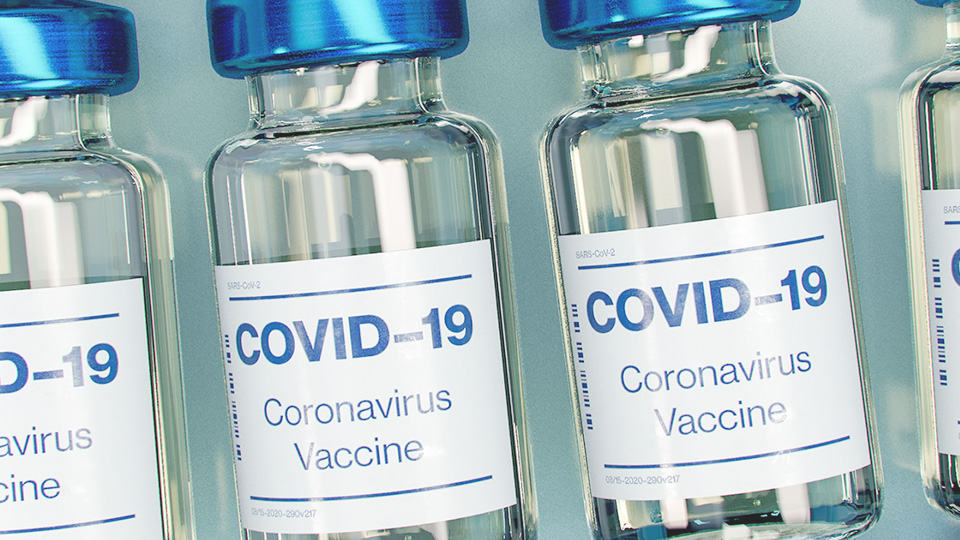
The Sinovac COVID-19 vaccine has been approved by the World Health Organisation (WHO) for emergency-use-listing (EUL). Based on the WHO’s EUL assessment, Sinovac has been found to meet international standards for safety, efficacy and manufacturing. Through the listing on WHO’s EUL, this brings yet another boost in the global vaccine supply, with the hopes to accelerate the vaccination drive in countries all over the world.
In Singapore, on 2 June, the Ministry of Health (MOH) announced that Sinovac, following its listing on WHO’s EUL, would be available for use under the Special Access Route (SAR) initiative. While details on how the public can access and use Sinovac are yet to be announced, what are the key differences between Sinovac and the other approved mRNA vaccines?
What is Pfizer-BioNtech?
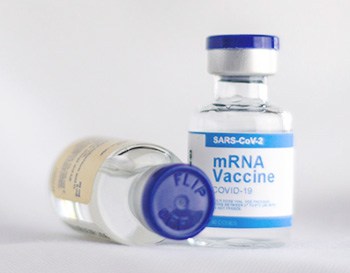
The Pfizer vaccine is one of the more familiar COVID-19 vaccines to the public since it was the first vaccine to be approved by the WHO in the COVID-19 fight. Currently deployed as part of Singapore’s national vaccination drive, the Pfizer vaccine is one of two mRNA vaccines that are used in vaccination centres in Singapore.
How it works
- It uses the messenger RNA (mRNA) technology.
- This mRNA vaccine teaches our cells to produce a protein that triggers an immune response within our bodies.
- This immune response produces antibodies to protect us from the coronavirus infection if it enters our bodies.
About the vaccine
- Suitable for vaccinations in those aged 12 years and older.
- Administered in two doses minimally 21 days apart.
- Needs to be stored at -70°C to maintain effectiveness.
- Efficacy from studies is at 95 per cent.
What is Moderna?
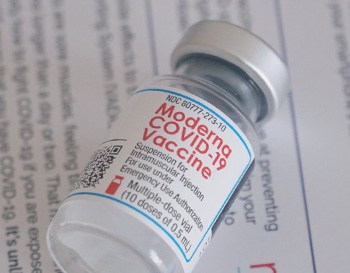
The Moderna vaccine is the second mRNA vaccine that has been approved for use in the national vaccination drive in Singapore.
How it works
- Similar to the Pfizer-BioNTech vaccine, the Moderna vaccine uses the mRNA technology.
About the vaccine
- Can be stored for 30 days with refrigeration and six months at -20°C to maintain effectiveness.
- Suitable for use in individuals aged 18 years and older.
- Administered in two doses minimally 28 days apart.
- Studies have shown an efficacy of 94.1 per cent.
What is Sinovac?
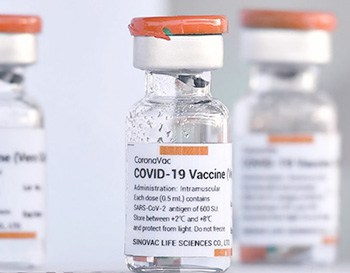
The Sinovac vaccine is a vaccine that uses an inactivated form of the COVID-19 virus, instead of the mRNA technology that Pfizer and Moderna use. Developed by Chinese biopharmaceutical company Sinovac Biotech, this vaccine has been approved for use and widely used in countries like China, Indonesia and other South American countries.
How it works
- It uses inactivated vaccine technology.
- It utilises unreactive coronavirus particles that have been killed to stimulate our bodies to produce antibodies as an immune response.
- This method of using an inactivated virus is a common method used to develop vaccines. Other vaccines that use similar methods include the polio vaccine, Hepatitis A vaccine, and the vaccine against rabies.
About the vaccine
- Sinovac can be stored at normal refrigeration temperature at 2 to 8°C, and the effectiveness may last up to three years.
- Sinovac is also administered in a two-dose schedule with a minimum of 14 days between each dose.
- The vaccine has an efficacy of 51 per cent and is suitable for those aged 18 years and older.
 |  | 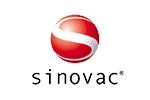 |
|
|---|---|---|---|
| How it works | Messenger RNA (mRNA) vaccine enables humans cells to produce a ‘spike protein’ that is present in COVID-19 This spike protein triggers our immune system to recognise the virus, which our bodies will then produce antibodies to fight it | Inactivated virus vaccine utilises virus particles that have been killed to stimulate our bodies to produce an immune response | |
| Storage | -70°C | 30 days with refrigeration 6 months at -20°C | 2°C to 8°C refrigeration temperature Up to 3 years |
| Minimum Age | 12 | 18 | 18 |
| Dosage | 2 doses, 21 days apart | 2 doses, 28 days apart | 2 doses, 14 days apart |
| Efficacy | 95% | 94.5% | 51% |
(Source: Channel News Asia, World Health Organisation, US Centers For Disease Control and Prevention)
Sinovac is part of the MOH’s SAR programme and studies have shown that Sinovac is proven to have 100 per cent efficacy in preventing severe COVID-19 and hospitalisation for the studied population. However, as Sinovac is not a part of the national vaccination programme, individuals who receive this vaccine administration will be ineligible for the Vaccine Injury Financial Assistance Programme (VIFAP) if they develop any side effects.The good news is, people who are immunocompromised, allergic or unsuitable to receive the current mRNA vaccines have a possible solution to be protected with China’s Sinovac vaccine.
In the upcoming days, more details will be released on pricing, informed consent process and safety of the patients who prefer to be administered with the Sinovac vaccine.
COVID-19 Vaccination 101
Let us help you better understand the development of COVID-19 vaccination to enable you to make a more well-informed decision.


